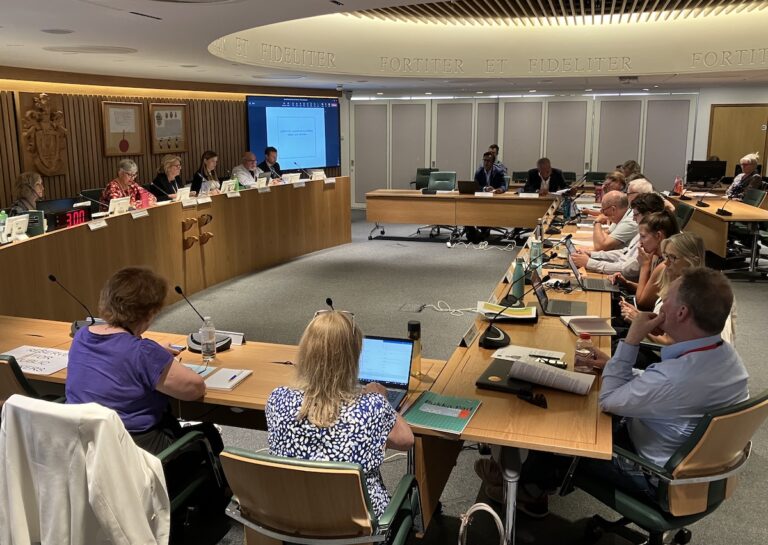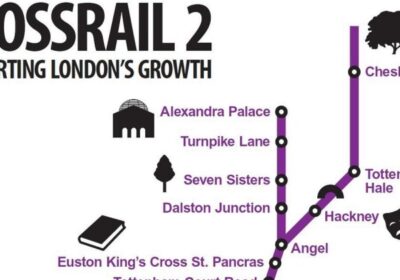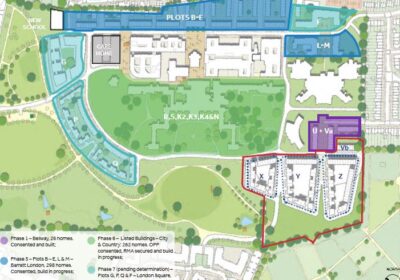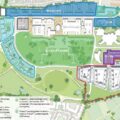Talking about local planning issues usually is a deflating experience for many involved. Often no one wins and the stereotype of homeowning retirees shouting over each other to object to a housing proposal is reality for swathes of the country.
Is the planning system inadvertently encouraging negativity or are the Brits just hard wired to hate new homes? I think the former rather than the latter and I’ll give four examples to illustrate my argument. Local authorities are anonymised and all examples happened in the last 3 years.
Example 1 – “He who shouts the loudest…has a pool”
We went to committee for a 100% affordable scheme on an underutilised car park. A well-funded campaign influenced the committee process greatly. To give you a quick flavour of the campaign, one member’s reasoning for objecting was due to the shade it would create and the added heating costs incurred to a personal swimming pool.
Within the council’s protocol for committee, it stated that a maximum of 2 independent individuals from the Borough could speak during the committee session. Following over 100 people writing in support of the scheme, two individuals requested to speak in support at committee. One a ward councillor from an adjoining ward and the other a local young woman living with her parents, desperate to buy a home in the ward she grew up in.
Despite this interest, both requests were turned down on protocol grounds so that two objectors (both leading the campaign mentioned above) had priority. The wider views of people that really matter were drowned (excuse the pun) out by the loud minority.
Example 2: “Constitution says no”
In another Borough, the Planning Committee constitution was clear: no one in favour is allowed to speak! Much to the amazement of everyone, our proposal proved quite popular but none of the supporters were allowed to say their peace. Local people can only engage in the committee process if they wish to object. Hmm.
Example 3: “A first time for everything”
Following a request from a local resident to speak at one of our recent planning applications, the Chair of the Planning Committee stated ‘this is a first, we have never had anyone who has spoken in support of a development’. A rather remarkable admission.
Example 4: “Well yes we have a protocol but we can make an exception if you are angry”
In this case the Council had clear protocols around speaking at committee: residents must be within 100 metres of the development. However, this didn’t prohibit an objector who lived almost 2 miles away from speaking.
In the same planning application, respondents ask to comment on the portal were offered a series of dropdown options. Within this list, 75% were negative choices. Small as it may seem it further highlights the unconscious biases toward development playing out.
Conclusion
I have no doubt anyone reading this who works within the industry will have war stories to share. In all four examples we were successful but it’s an uphill challenge.
The affect these rules have on engagement, particularly for young people is profound. The research tells us that of all the age groups, those aged 18- 25 are least likely to oppose development, yet we have a system that blocks their voices from being heard.
If the government were really serious about making a difference then I would recommend them to look at the protocols in place at a local level.










